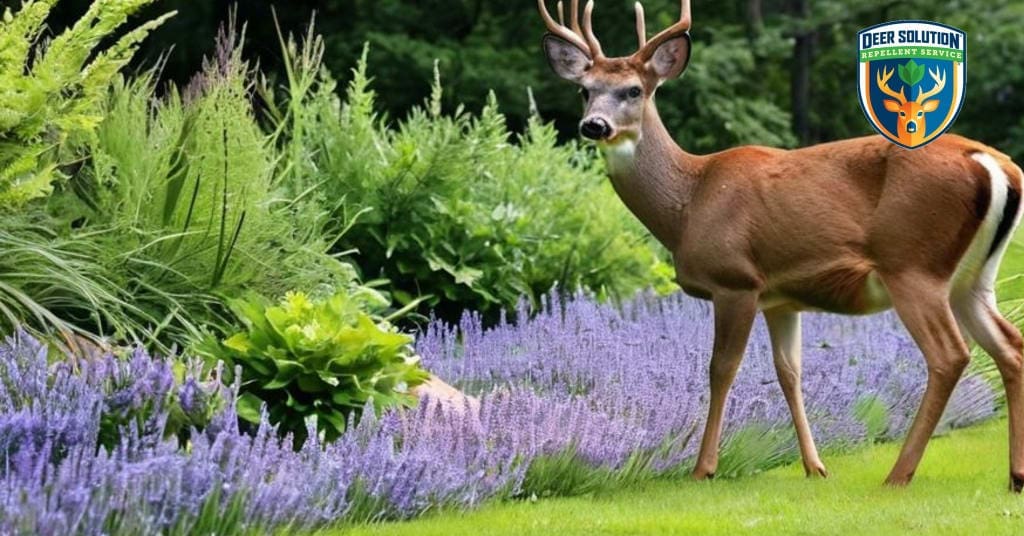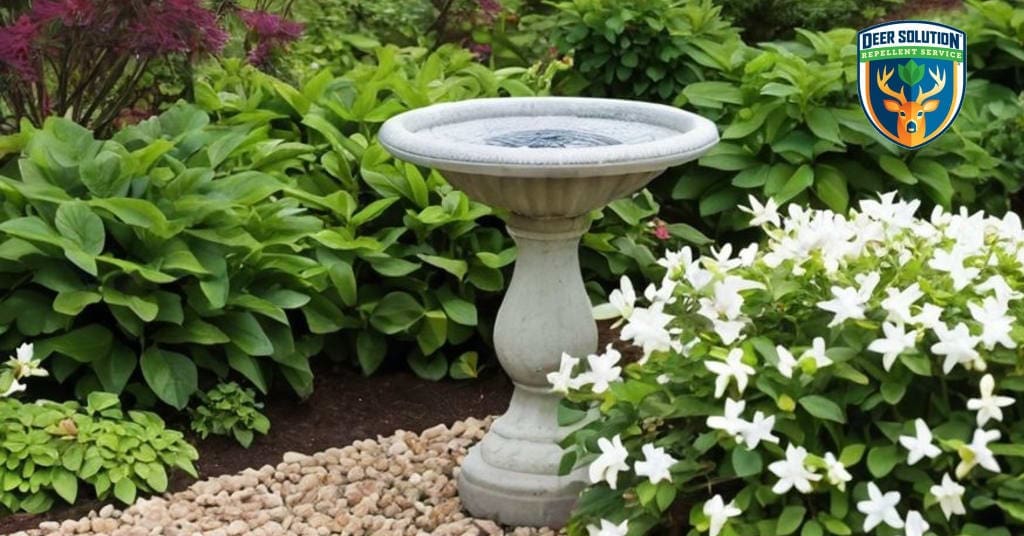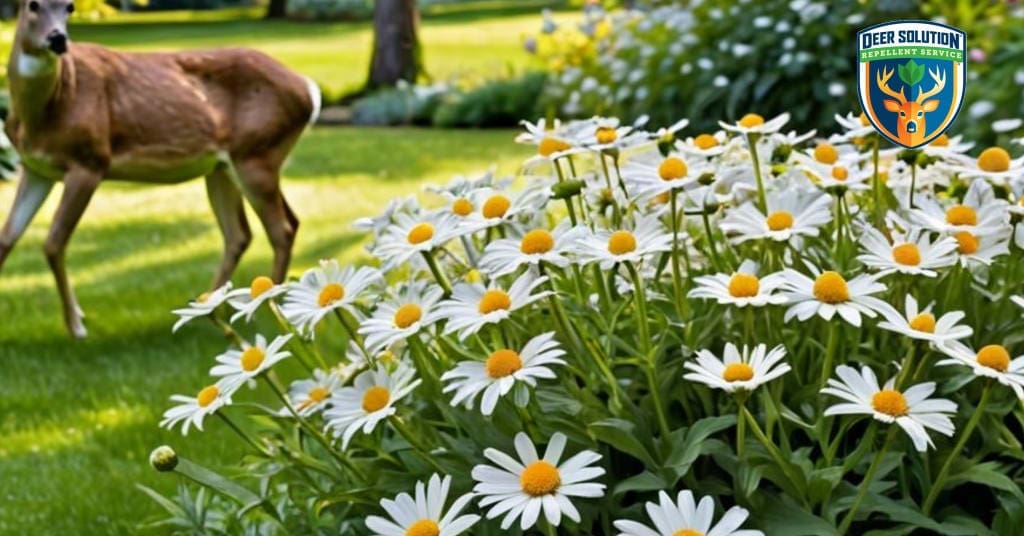Preserving Indian Paintbrush from Deer: A Gardener’s Guide
The Indian Paintbrush is celebrated for its vibrant color and unique shape, but its presence in gardens raises questions about its susceptibility to deer.
Is Indian Paintbrush a Deer’s Choice?
Deer may sample various plants, including the Indian Paintbrush, although it’s not a primary food source.
Deer Solution’s repellent is designed to help gently dissuade deer, allowing these wildflowers to flourish in your garden.
Eco-Friendly Defense with Deer Solution
Understanding the importance of each plant species, Deer Solution offers an environmentally friendly way to help protect Indian Paintbrush from deer, which will help keep your garden’s biodiversity preserved.
Enhancing Your Garden’s Natural Beauty
With Deer Solution’s repellents, you can help protect the natural spectacle of Indian Paintbrush without disrupting the local ecosystem, assisting to keep your garden a sanctuary for both flora and fauna.
The Benefits of Deer Solution for Wildflowers
Gardeners choose Deer Solution for its protection that doesn’t compromise the health of delicate wildflowers like Indian Paintbrush. Our repellents helps safeguard your blooms, contributing to a vibrant garden display.
Guard Your Indian Paintbrush with Deer Solution
If deer are a concern for your Indian Paintbrush or other botanical treasures, Deer Solution is here to assist. Our repellents help offer the protection you need to keep your garden thriving and deer at bay.
Contact us to learn more about our solutions for a deer-resistant garden.











